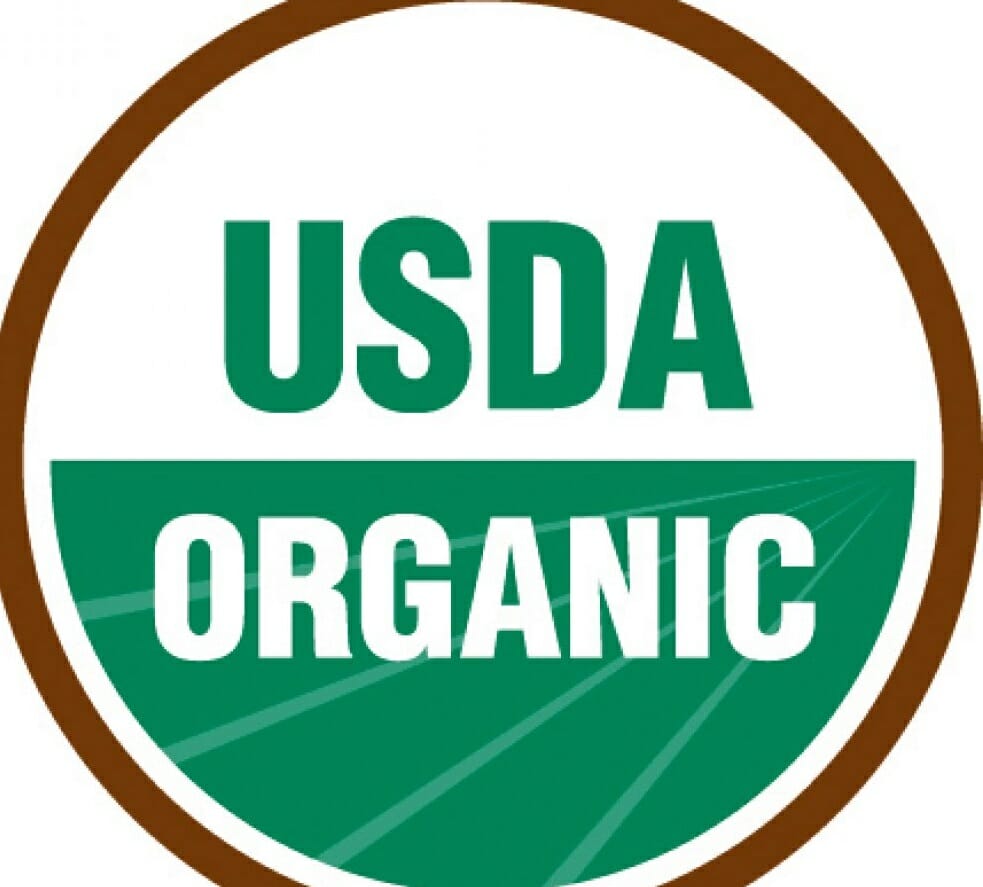WASHINGTON — Some supporters of organic farming are warning about a sneaky effort to impose what amounts to a federal tax on organic farmers and products.
The proposal by the United States Department of Agriculture (USDA) would collect funds from organic farmers and food producers to fund pro-organic advertising programs. The funding is called a “checkoff.”
The Organic Trade Association (OTA) supports the idea, but other organic organizations oppose it and are calling the checkoff a tax. The checkoff would impact all organic certificate holders who vote on the issue – whether they support or oppose the idea.
“After reviewing the proposal, we’ve determined that this Check-Off would be a grossly unfair tax imposed upon small personal care processors, and we question the legality of its application to non-food personal care businesses,” businesswoman Diana Kaye wrote at NoOrganicCheckoff.com.
The All-Natural Fertilizer That Can Double Your Garden Yield!
Kaye operates Terressentials, a small company that makes and markets organic care products.
The Cornucopia Institute also opposes the checkoff, saying it will harm family farms and small business people.
The Farm and Ranch Freedom Alliance sent an email to supporters stating, “Say no to a new tax on organic farmers!”
Checkoffs fund some popular and successful advertising campaigns including “Beef, It’s What’s for Dinner,” “Got Milk?” and the “Incredible Edible Egg.” The intent is to help farmers by increasing consumption of those products.
The problem by using a checkoff for organic food, though, is that – by rule – an organic advertising campaign cannot say anything negative about other foods.
“Checkoff dollars,” Cornucopia said on its website, “could almost certainly not be used to advocate for claims of organic food health, superior food quality, safety, sustainability or be used to expose differences between ‘natural’ and GMO-free food claims because these types of messages can be viewed as disparaging conventional food commodities.”
Another fear is unfair competition from big retailers and processors, such as Kroger and other large grocery stores, which would big beneficiaries of the publicity. Kroger, the nation’s largest standalone grocer, is expected to sell $16 billion worth of natural and organic products in 2017.
Another concern: the governing board for the checkoff program would be selected by the USDA. Farmers would have less than half of the seats, according to Cornucopia, which asserted that people “with political and corporate connections would likely be appointed by the USDA secretary.”
“We don’t trust OTA and USDA to speak for us in describing organic food to the public,” said Jim Crawford, an organic farmer at New Morning Farm in Pennsylvania. “We don’t want OTA and USDA to form another board, which is weighted in favor of corporate organics and which would control our message to the public.”
Persons can give their thoughts on the checkoff through a federal website. The USDA will close comments at midnight on April 19.
Do you support the checkoff program? Share your thoughts in the section below:
 Off The Grid News Better Ideas For Off The Grid Living
Off The Grid News Better Ideas For Off The Grid Living




